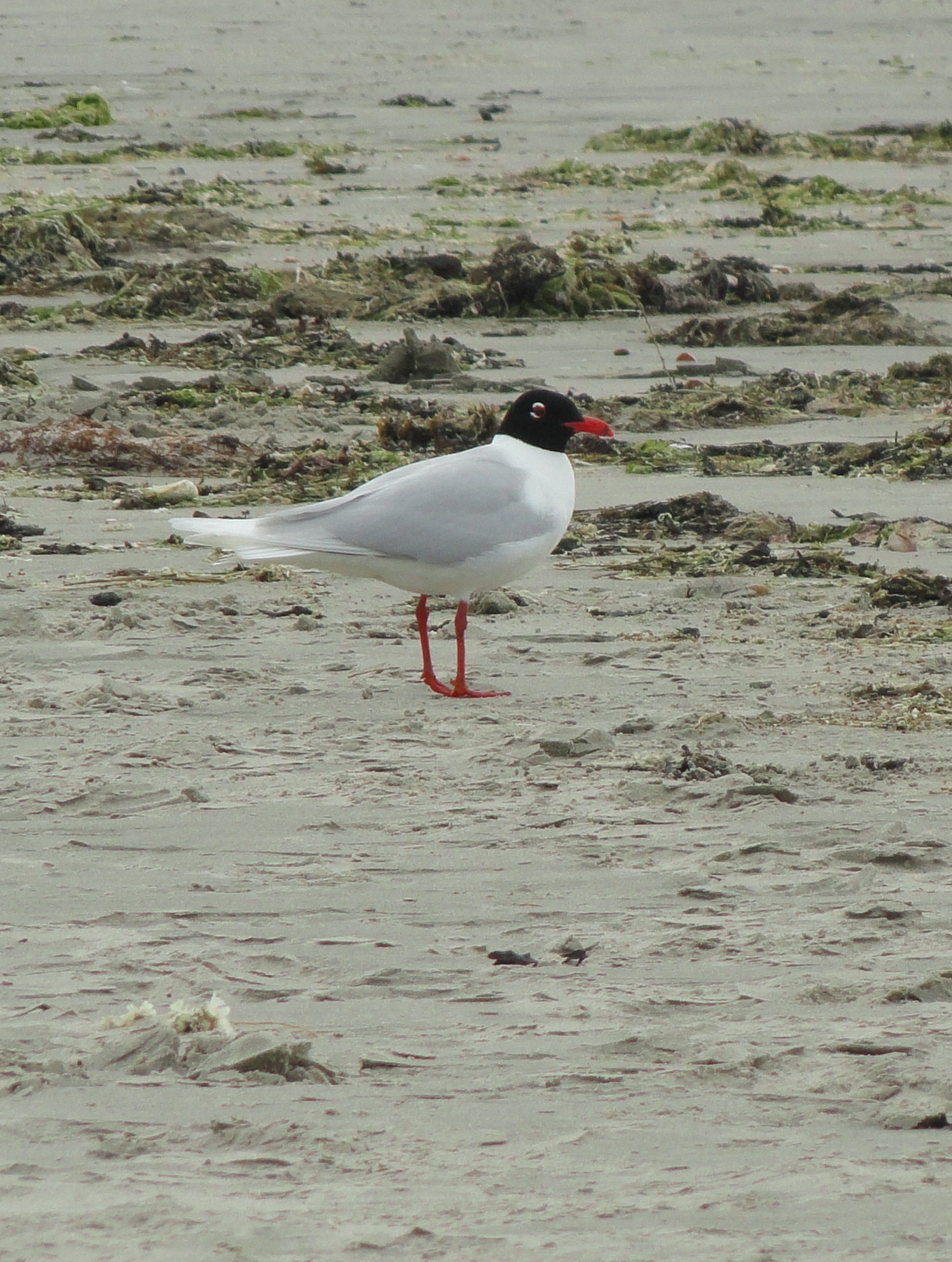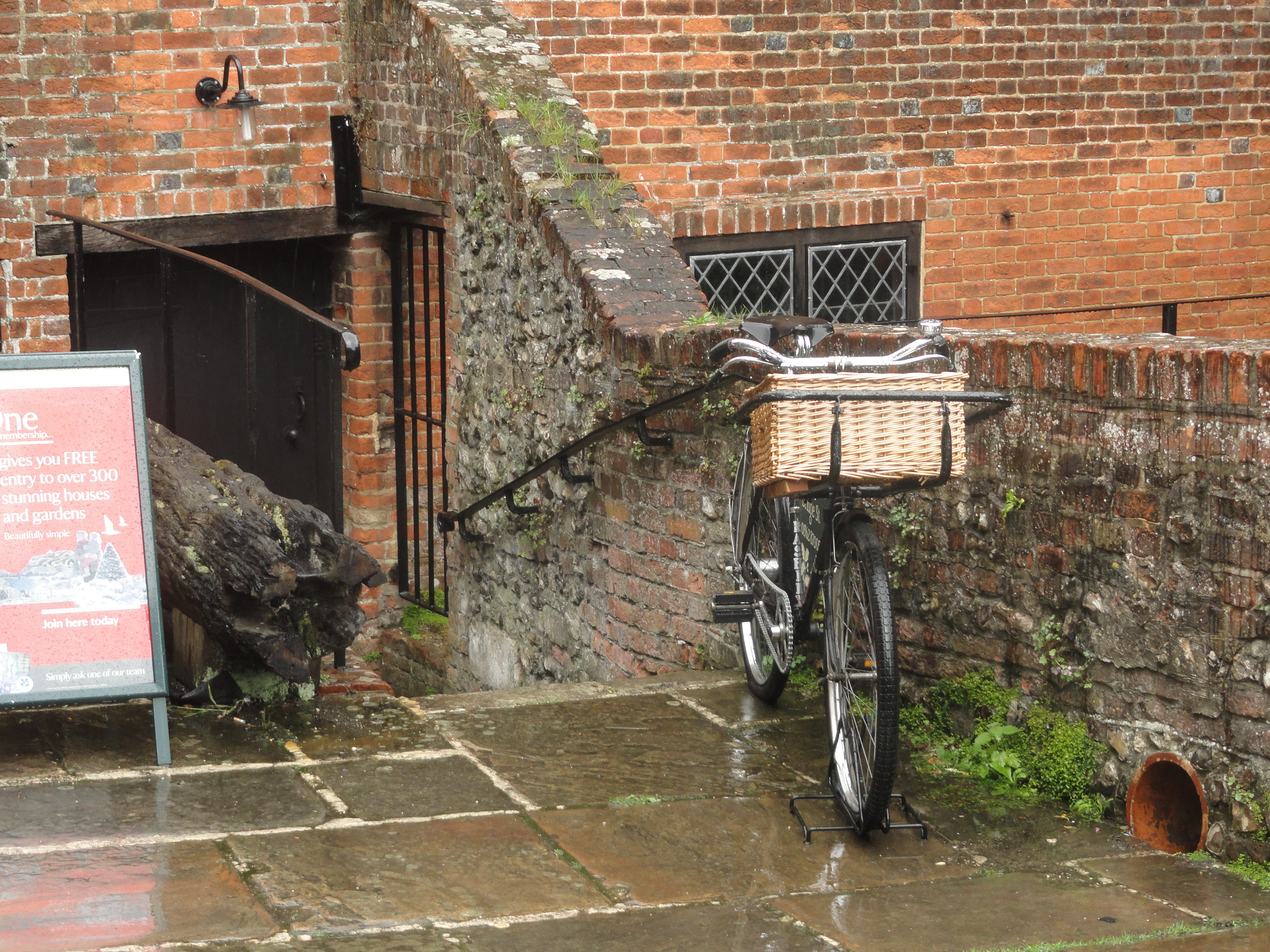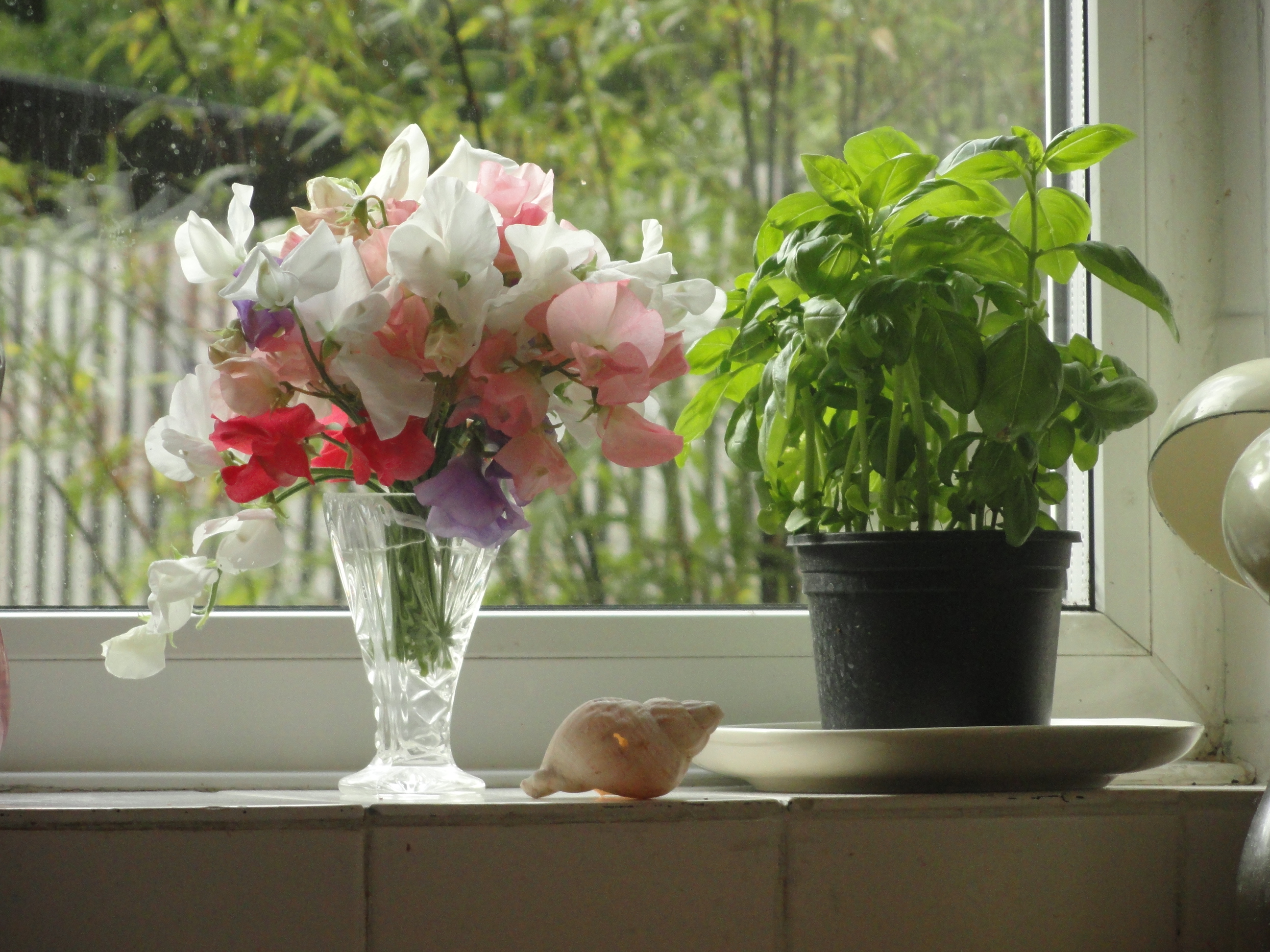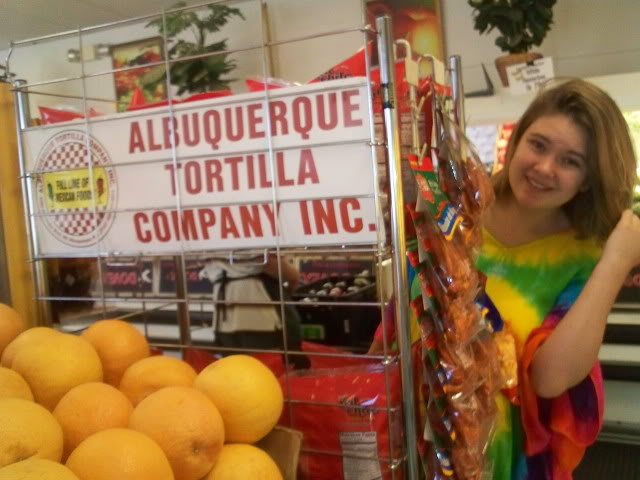Pam Sorooshian wrote this ten years ago:
I went to New Mexico and Sandra picked me up at the airport. We then went to three grocery stores, one right after another, because Holly (who was maybe 4 or 5 at the time) was really wanting some plums and the first couple of stores we went to didn't have any. She wasn't being terribly demanding or whiny or anything—just saying, "Mommy I REALLY would love to have a plum."

So we drove around—which was great because I got to see a bit of Albuquerque—and we got her some plums and she munched happily in the back seat while we talked. I was very impressed with Sandra's willingness to do this—most people would have thought it was MORE than enough to stop at even one grocery store because a child had a sudden urge to eat a plum. Most people would have just brushed off the child's urge (do we brush off our OWN urges like that?)
I thought then, and it has been confirmed for me on many occasions since, that when kids know that their parents are willing to go out of their own way to help them get what they want, that the kids end up usually more understanding and able to more easily accept it when parents don't give them what they want.
—Pam Sorooshian
SandraDodd.com/yes
photo by Sandra Dodd, of a chimney assortment in Linlithgow






